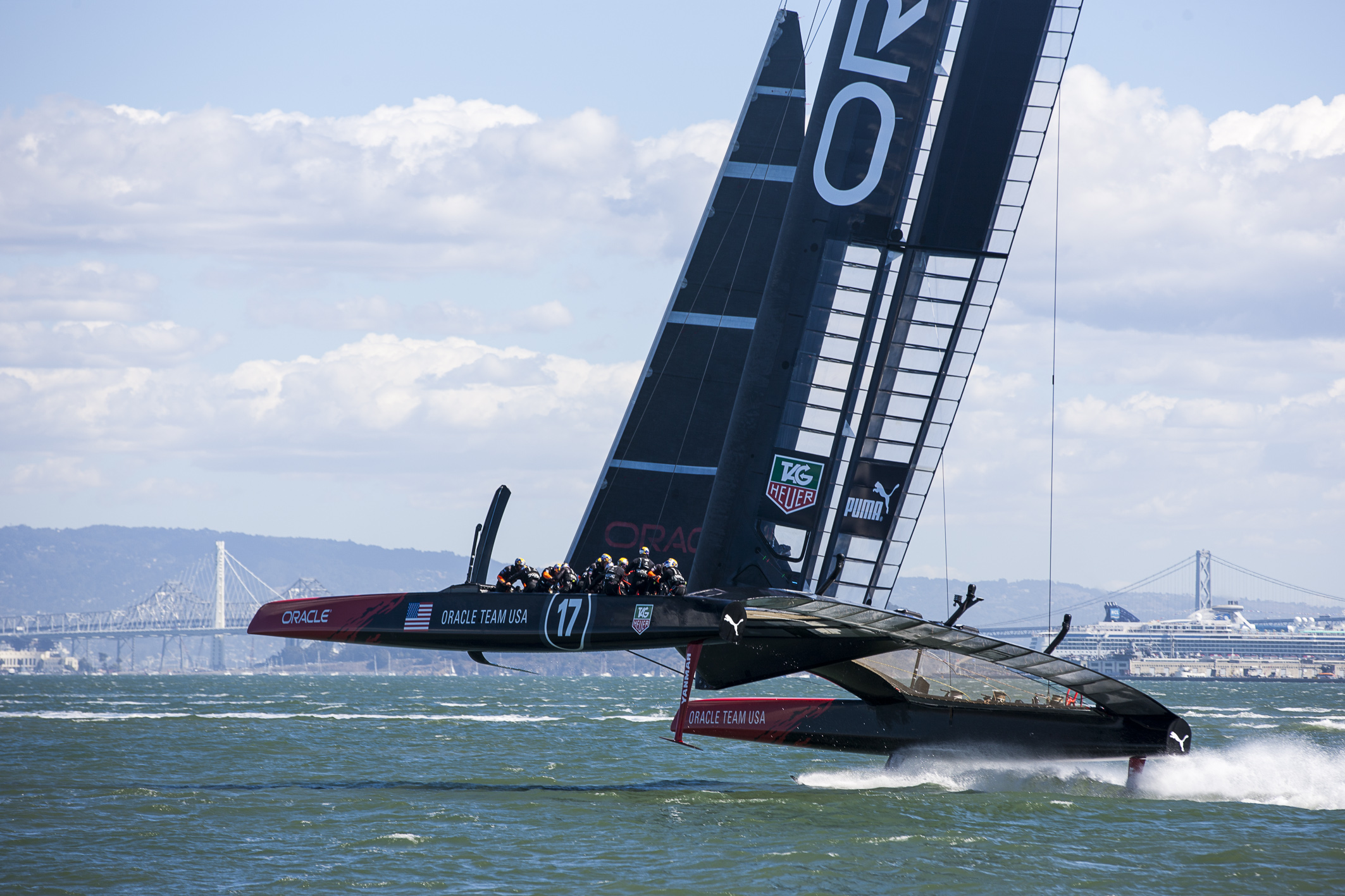

Oracle is the world’s second largest software provider after Microsoft, but how did a provider of relational database software manage to reach such an achievement?
Well Oracle began life like many of the IT giants today in the 1970s, or 1977 to be precise. It was co-founded by Larry Ellison alongside Bob Miner, Ed Oates and Bruce Scott.
Ellison remained in charge of Oracle for many decades, until quite recently (2014) when he stepped sideways to the chairman position, and appointed two CEOs to lead the firm.
Oracle itself was initially known as Software Development Laboratories (SDL), before changing its name to Relational Software Inc in 1978, and then Oracle Systems Corp in 1982, and finally Oracle Corp in 1995.
This name change to Oracle was taken in the early 1980s to align the company more closely with its flagship product – the Oracle Database. It should be noted that ‘Project Oracle’ was a database project the firm was working on for none other than the US CIA.
Nowadays, it has a lot more offerings in its extensively product portfolio.
Right from the creation of SDL, Ellison had been heavily inspired by the 1970 paper written by Edgar (Tedd) F. Codd on relational database management systems (RDBMS) and the Oracle database became commercially available for sale in 1979.
Oracle was among a number of companies offering relational database management systems, most of these have either disappeared or have been acquired by other firms. But Oracle succeeded where others did not, thanks to a number of factors.
Firstly, its early success was down to the fact that it used the C programming language to implement its products, which made the porting of its product suite to multiple operating systems (most of which support C) and platforms (mainframes, minicomputers, PCs etc) relatively straight forward.
Another way Oracle succeeded was the fact that it would often charge its customers an annual fee to use its products. This ensured the money kept flowing in. But Oracle also succeeded as well because it was highly aggressive as a company. It grew at breakneck speed and expanded widely into many countries around the world.
Indeed, perhaps most significantly Oracle didn’t take any prisoners when it came to acquisitions. Oracle became something of a serial acquirer in the 1980s, 1990s and 2000s, and today Oracle has more than 430,000 customers and is present in 175 countries.
For the record, Oracle now has more than 138,000 employees, and in 2017 its annual revenues was in excess of $37 billion.
Yet some would argue that one of the main reasons that Oracle became such a software powerhouse was down to one man, namely Larry Ellison.
Ellison is perhaps one of the IT industry’s most colourful characters, despite the fact he started life in very modest circumstances. He is now hugely wealthy (ranked 17th in the world with a $60 billion fortune) and his parties are legendary.
He even purchased an airline in 2012 (Island Air) simply because it serviced an island he owned (Ellison owns 98 percent of the Hawaiian island of Lanai).
Ellison has appeared in the Marvel superhero movie Iron Man 2, and is hugely successfully in the yachting sphere with his Oracle Team USA.
Ellison is also an adrenaline junkie at heart, and has suffered numerous injuries as a result of his participation in extreme sports. He is also a keen pilot and owns two military jets, and there are rumours that he once flew a fighter jet under the Golden Gate Bridge in San Francisco, although that it almost impossible to confirm.
Ellison has been married and divorced four times, and when he married his fourth wife, romance novelist Melanie Craft, his good friend Steve Jobs served as wedding photographer.
But that is not to say there haven’t been downsides for Ellison and Oracle. Both Oracle and Ellison nearly went bankrupt in the early 1990s for example, and there has been plenty of controversies in the past.
Ellison again slipped up in the same decade when he famously touted the death of the personal computer and the rise of the thin client (called the Network Computer).
In 2010 Oracle and Ellison also bitterly upset the open source community with the purchase of Sun Microsystems (which owned Java). Oracle then went to file a bitter lawsuit with Google, after Oracle alleged that Android infringed its Java patents.
And Ellison has repeatedly clashed with a former software partner (SAP) and he has made repeated digs against IBM, Amazon and other rivals over the years. He also publicly slammed the board of HP after the departure of Mark Hurd as CEO.
Ellison promptly named Hurd as co-president of Oracle, and indeed Hurd is now one of two CEOs at the company
Despite these issues, the house that Larry built is hugely successfully and goes from strength to strength.
From its relational database origins, Oracle has expanded into the cloud, security, and boasts a portfolio that spans the ERP, CRM, analytics, middleware to name but a few.
As a result, Oracle looks well positioned to meet the challenges of the next decade.
Elon Musk sells social media platform X to his AI start-up xAI in a move…
TikTok opens e-commerce shopping in Germany, France, Italy as US future remains uncertain over divest-or-ban…
Discover expert insights on overcoming digital transformation challenges. Learn how to manage change, balance innovation,…
Microsoft drops data centre projects amounting to 2 gigawatts of power consumption as investors question…
SMIC sees revenues rise 27 percent for 2024, but profits fall nearly 50 percent amidst…
Google reassures developers Android to remain open source as it brings development entirely in-house, reduces…